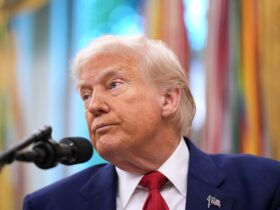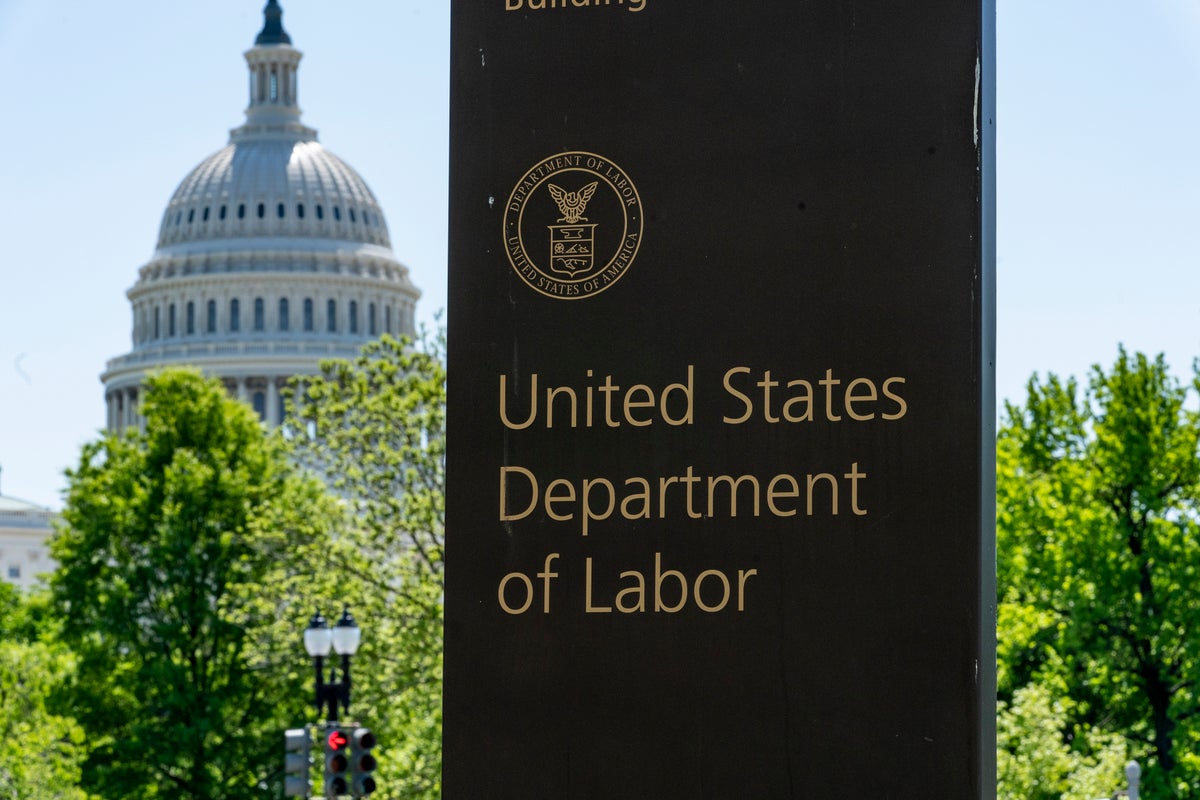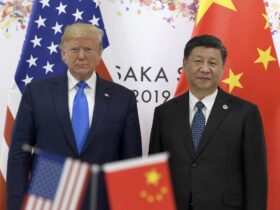Your support helps us to tell the story
From reproductive rights to climate change to Big Tech, The Independent is on the ground when the story is developing. Whether it’s investigating the financials of Elon Musk’s pro-Trump PAC or producing our latest documentary, ‘The A Word’, which shines a light on the American women fighting for reproductive rights, we know how important it is to parse out the facts from the messaging.
At such a critical moment in US history, we need reporters on the ground. Your donation allows us to keep sending journalists to speak to both sides of the story.
The Independent is trusted by Americans across the entire political spectrum. And unlike many other quality news outlets, we choose not to lock Americans out of our reporting and analysis with paywalls. We believe quality journalism should be available to everyone, paid for by those who can afford it.
Your support makes all the difference.
The Labor Department has cut back on the inflation data it collects because of the Trump administration’s government hiring freeze, raising concerns among economists about the quality of the inflation figures just as they are being closely watched for the impact of tariffs.
The department’s Bureau of Labor Statistics, which produces the monthly consumer price index, the most closely watched inflation measure, said Wednesday that it is “reducing sample in areas across the country” and stopped collecting price data entirely in April in Lincoln, Nebraska, and Provo, Utah. It also said it has stopped collecting data this month in Buffalo, New York.
In an email that the BLS sent to economists, viewed by The Associated Press, the agency said that it “temporarily reduced the number of outlets and quotes it attempted to collect due to a staffing shortage” in April. The reduced data collection “will be kept in place until the hiring freeze is lifted.”
President Donald Trump froze federal hiring on his first day in office and extended the freeze in April until late July, suggesting future inflation reports will also involve less data collection.
The cutbacks have intensified worries among economists that government spending cuts could degrade the federal government’s ability to compile key economic data on employment, prices, and the broader economy. The BLS also said last month that it will no longer collect wholesale prices in about 350 categories for its Producer Price Index, a measure of price changes before they reach the consumer.
The cutbacks are also occurring at a time of heightened uncertainty about the economy and the impact of Trump’s sweeping tariffs on hiring, growth and inflation.
“The PPI is cutting hundreds of indexes from production, and the CPI is now being constructed with less data,” Omair Sharif, chief economist at the consulting firm Inflation Insights, said in an email. “That alone is worrying given that we’re heading into the teeth of the tariff impact on prices.”
Earlier this year, the Trump administration disbanded several advisory committees that worked with BLS and other statistical agencies on fine-tuning its data-gathering.
The BLS said that the cutbacks “have minimal impact” on the overall inflation data, but “they may increase the volatility” of the reported prices of specific items.
Alan Detmeister, an economist at UBS, an investment bank, said the cutbacks likely had little impact on April’s inflation figures. But “if these types of cuts continue, they will degrade the reliability and efficacy of these statistical agencies,” he said.
















Leave a Reply